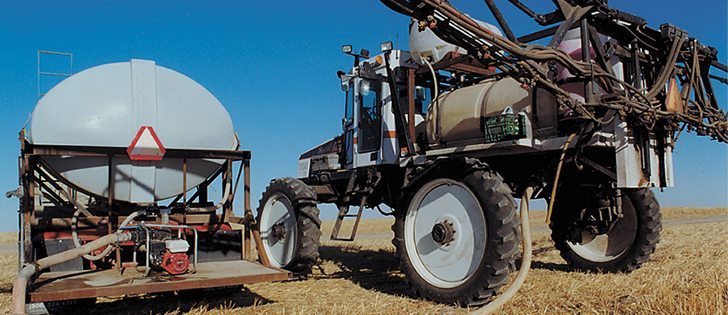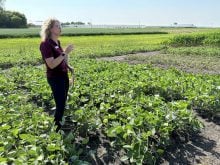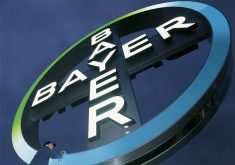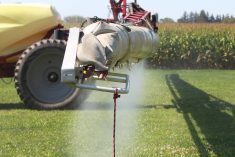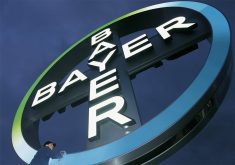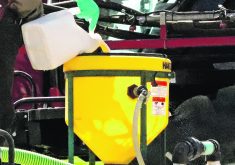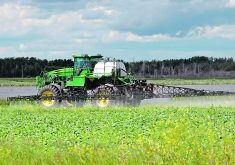In a lengthy and livid response, Monsanto has rejected the findings of a World Health Organization report classifying glyphosate as a probable human carcinogen.
The International Agency for Research on Cancer (IARC), a division of the World Health Organization, released a report today reviewing the cancer risk associated with five pesticides, including glyphosate.
The report suggested that glyphosate may increase the risk of non-Hodgkin lymphoma in people who are exposed to the chemical in their occupation.
The report authors also said some studies show that exposure to glyphosate and glyphosate formulations promoted tumours in laboratory mice.
Read Also

Petition launched over grazing lease controversy
Battle continues between the need for generation of tax revenue from irrigation and the preservation of native grasslands in southern Alberta rural municipality.
Consequently, the IARC classified glyphosate as Group 2A: “probably carcinogenic to humans.”
“This category is used when there is limited evidence of carcinogenicity in humans and sufficient evidence of carcinogenicity in experimental animals,” IARC said.
Monsanto said IARC’s conclusion is not supported by scientific data and the agency ignored relevant studies.
“We believe conclusions about a matter as important as human safety must be non-biased, thorough and based on quality science that adheres to internationally recognized standards,” Monsanto said in a news release. “We join others in viewing IARC’s process and its assessment with strong skepticism. IARC has previously come under criticism for both its process and demonstrated bias.”
Monsanto added the IARC classification is not based on new data. Other regulatory agencies, including the German government, have previously reviewed the same studies. The Germans concluded that “glyphosate was unlikely to pose a carcinogenic risk in humans,” Monsanto said.
“We don’t know how IARC could reach a conclusion that is such a dramatic departure from the conclusion reached by all regulatory agencies around the globe,” said Philip Miller, the company’s vice-president for global regulatory affairs.
“We have issued an urgent request for appropriate personnel of the WHO (World Health Organization) to sit down with the global glyphosate taskforces and other regulatory agencies to account for the scientific studies used in their analysis and, equally as important, to account for those scientific studies that were disregarded.”
Labeling glyphosate as probably carcinogenic doesn’t establish a link between glyphosate and an increased cancer risk, Monsanto said.
“It’s important to put IARC’s classifications into perspective. IARC has classified numerous everyday items in Category 2 including coffee, cell phones, aloe vera extract and pickled vegetables, as well as professions such as a barber and fry cook.”
WP reporter Robert Arnason wrote a special report on glyphosate in 2013. You can find those stories via the links below:
- Glyphosate Research: alarming or alarmist?
- How does questionable science become fact? Just publish it
- Chemical spray additives warrant more scrutiny: researchers
- Glyphosate research: who should we trust?
Contact robert.arnason@producer.com


